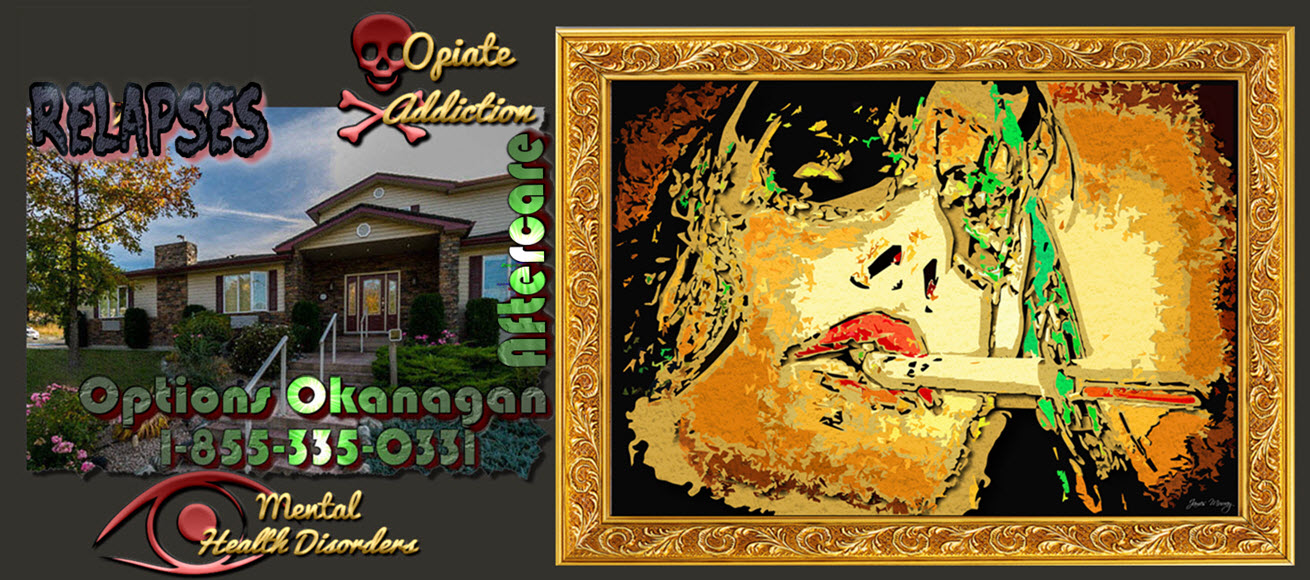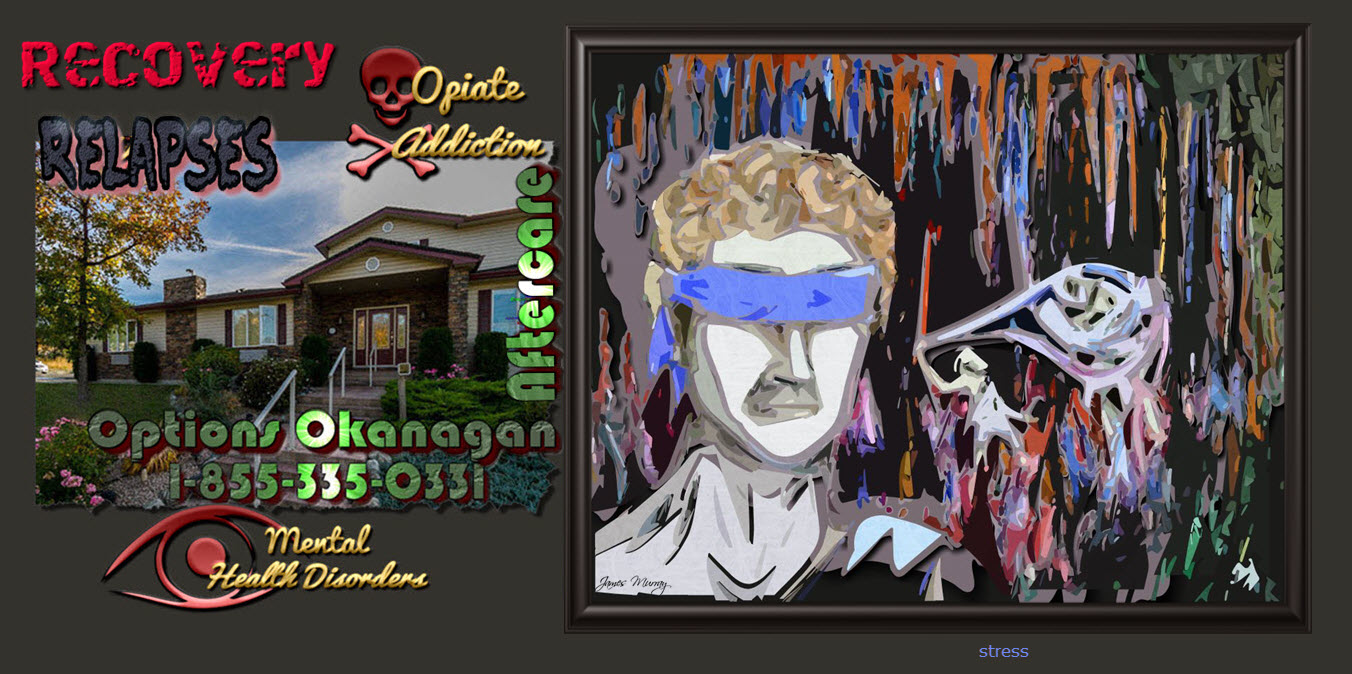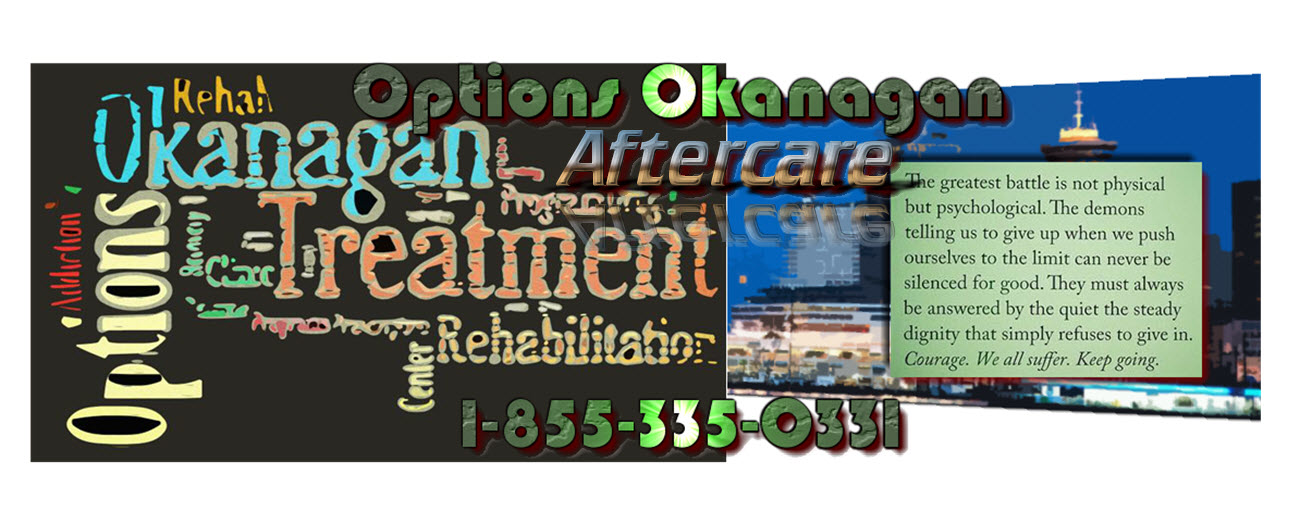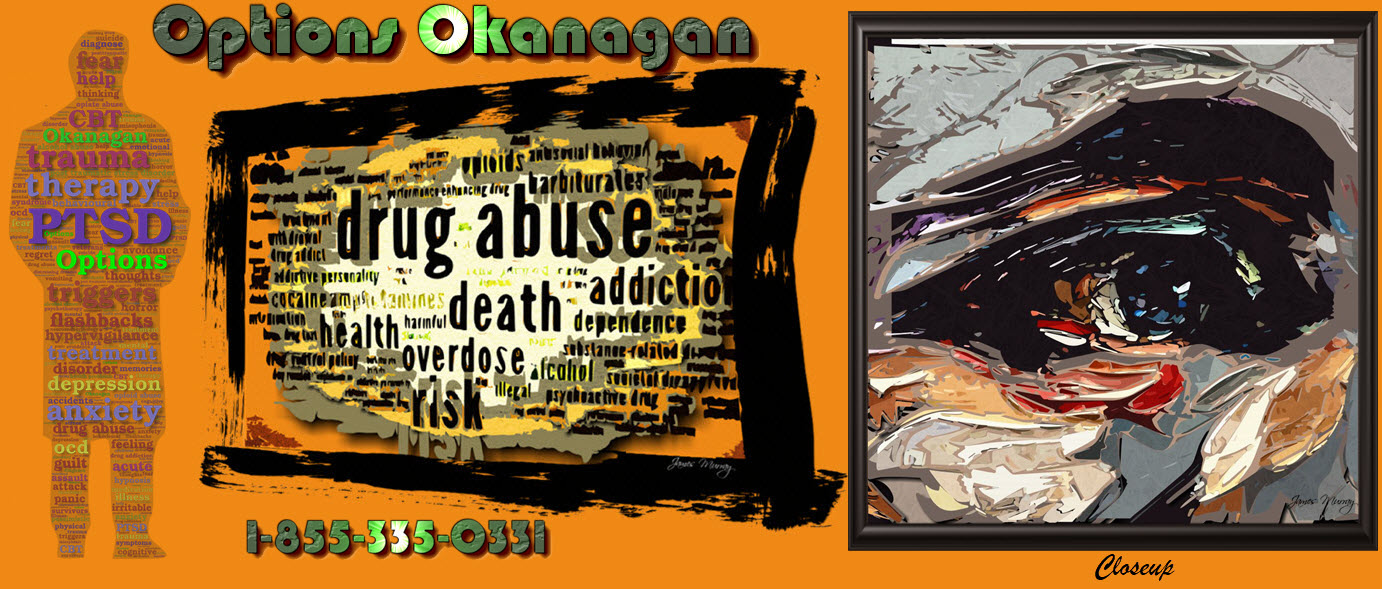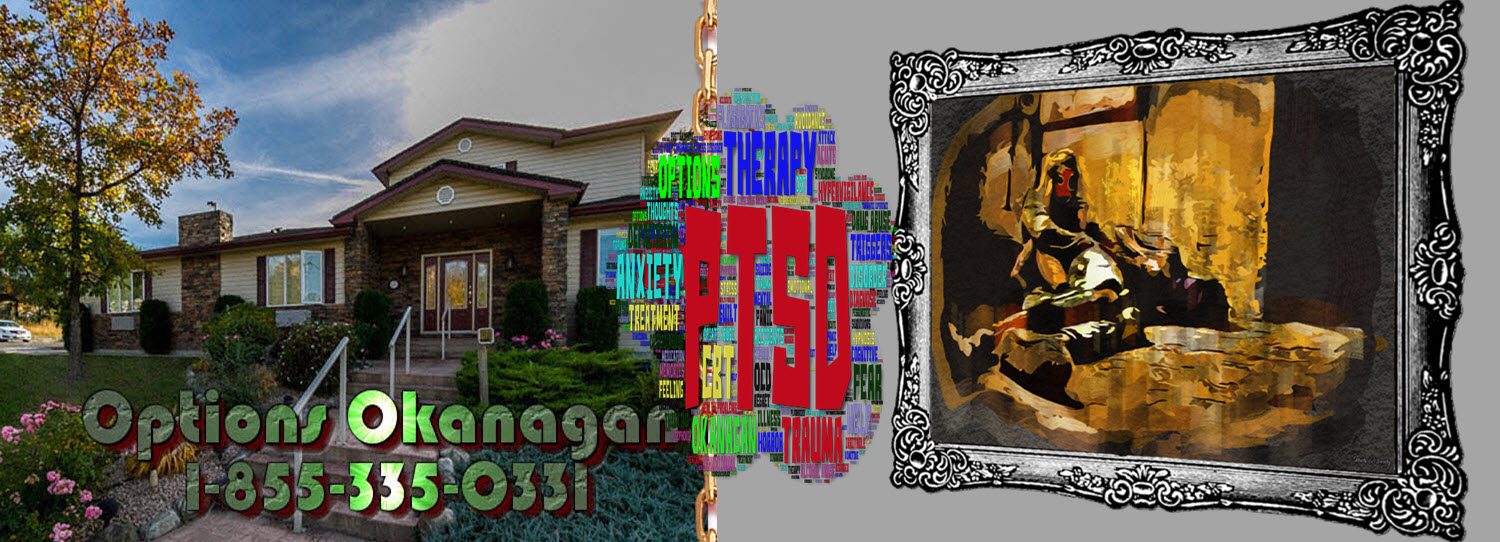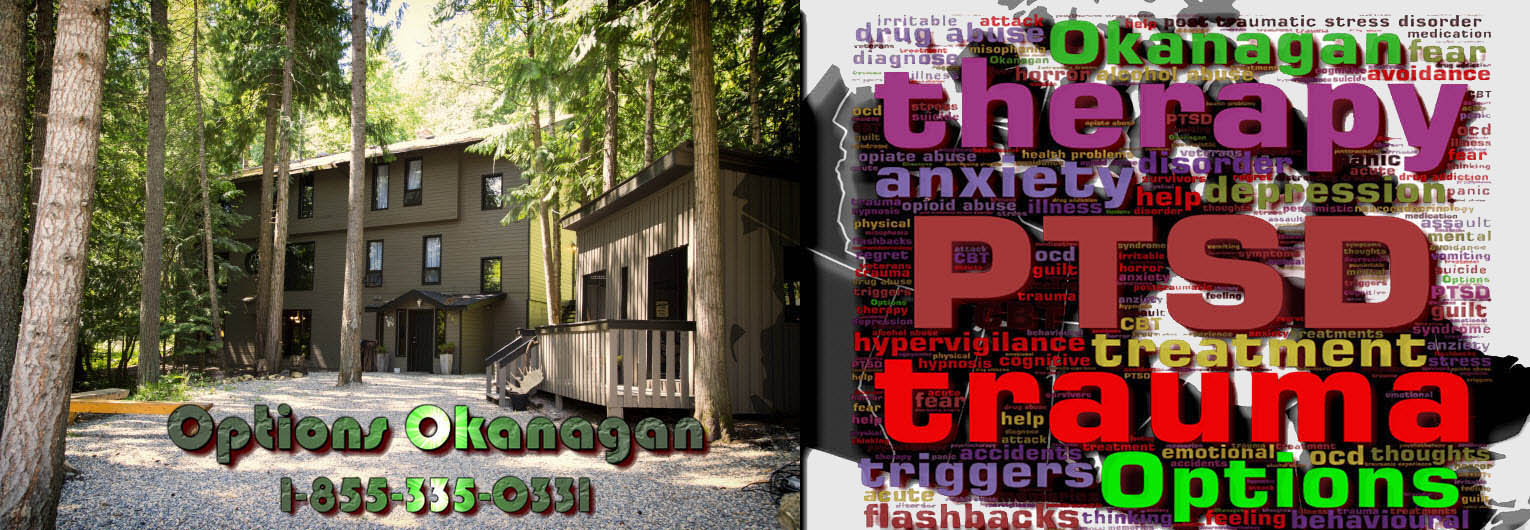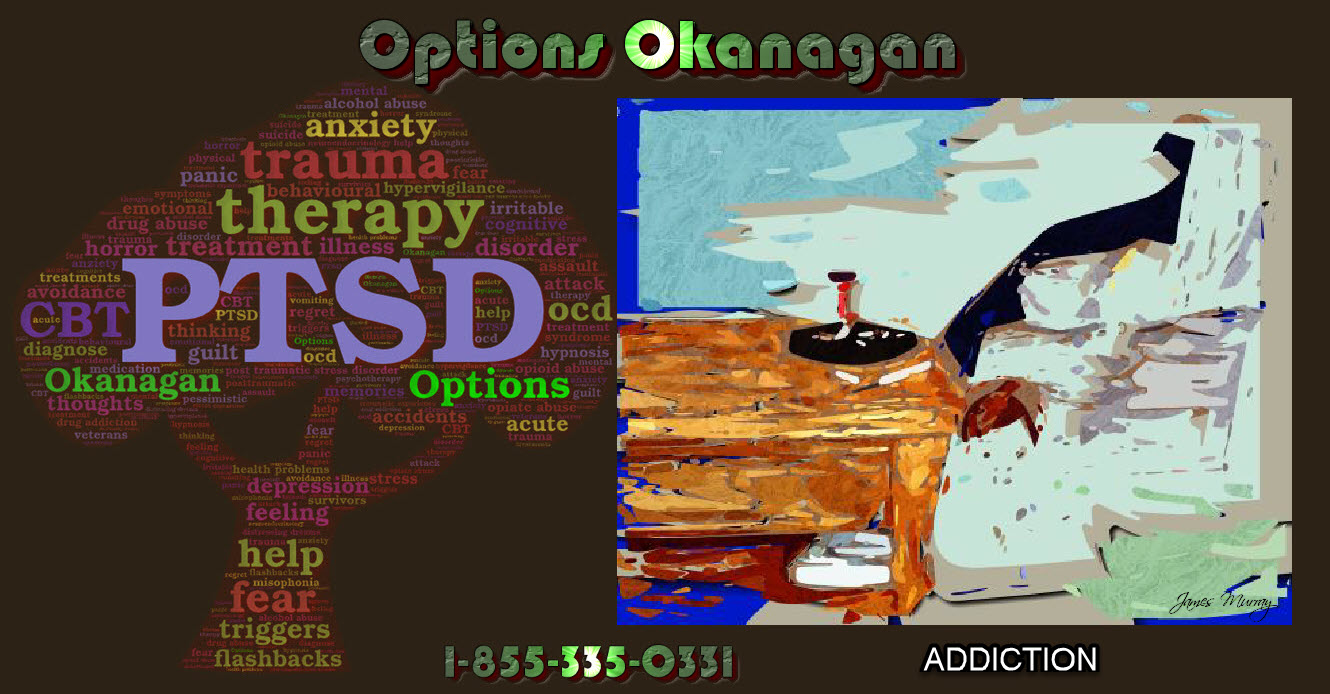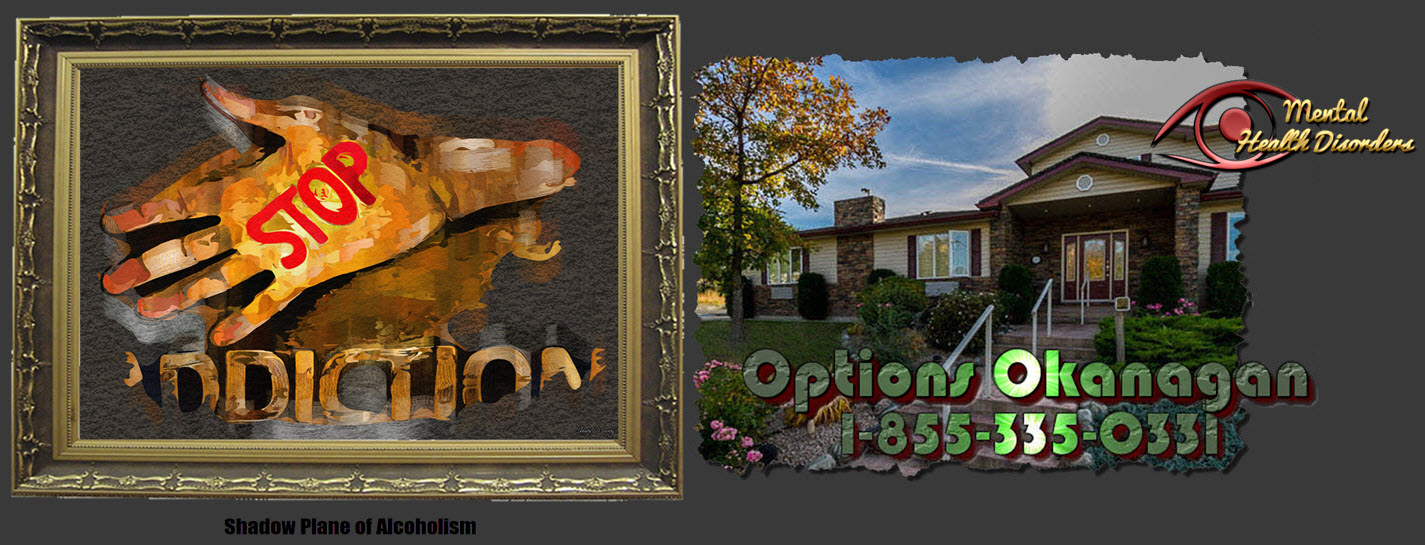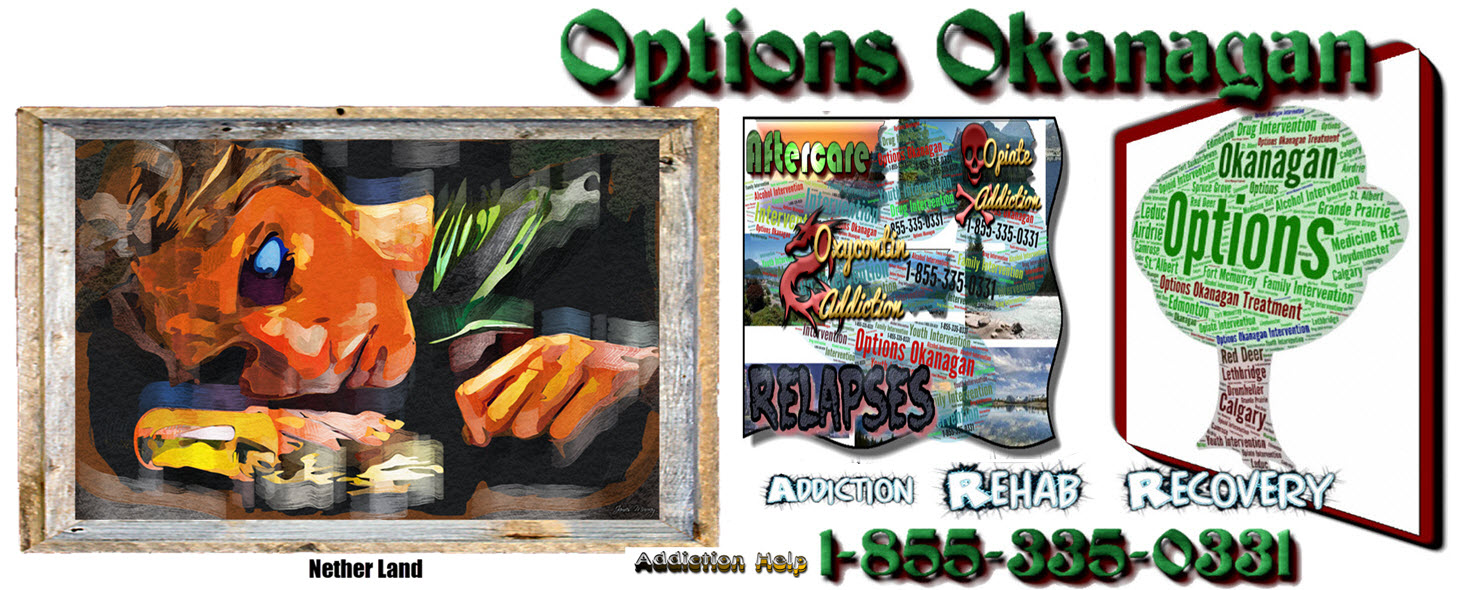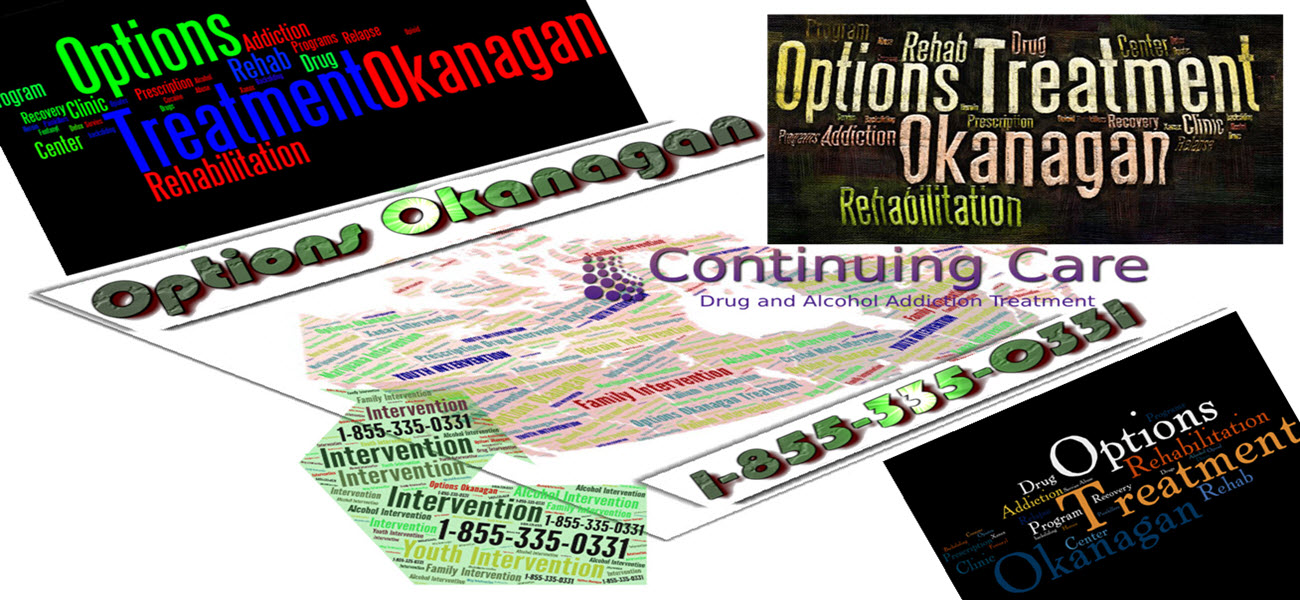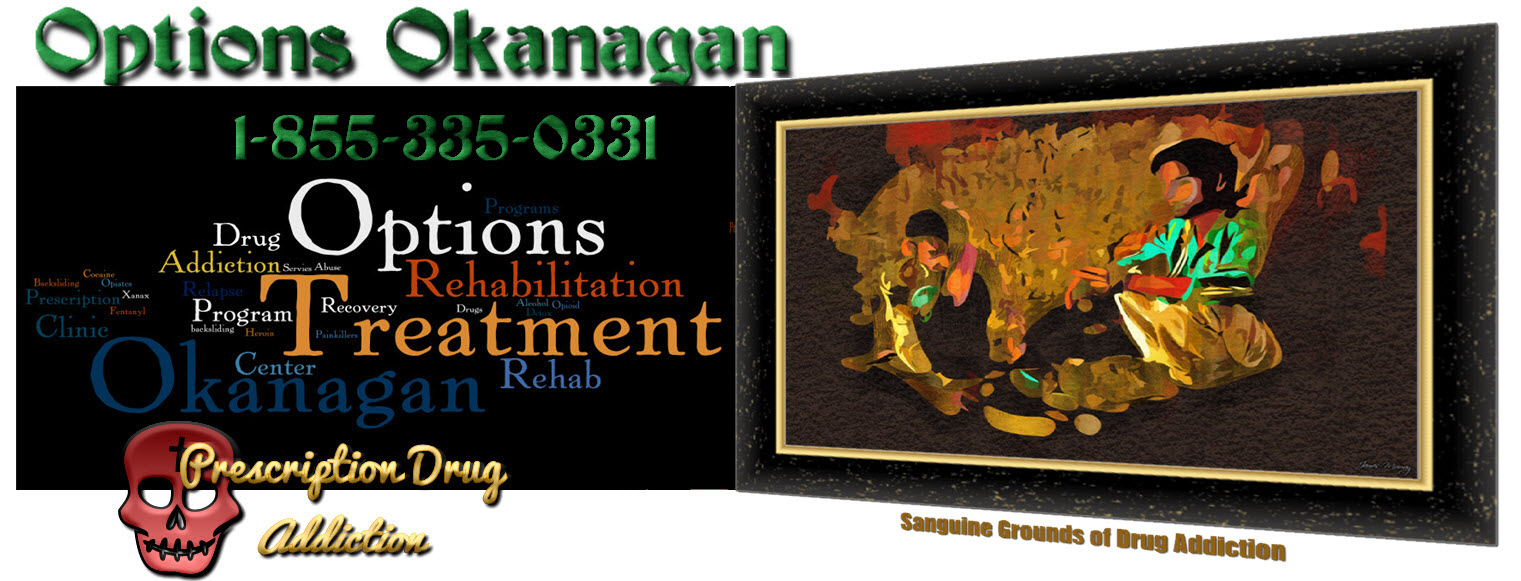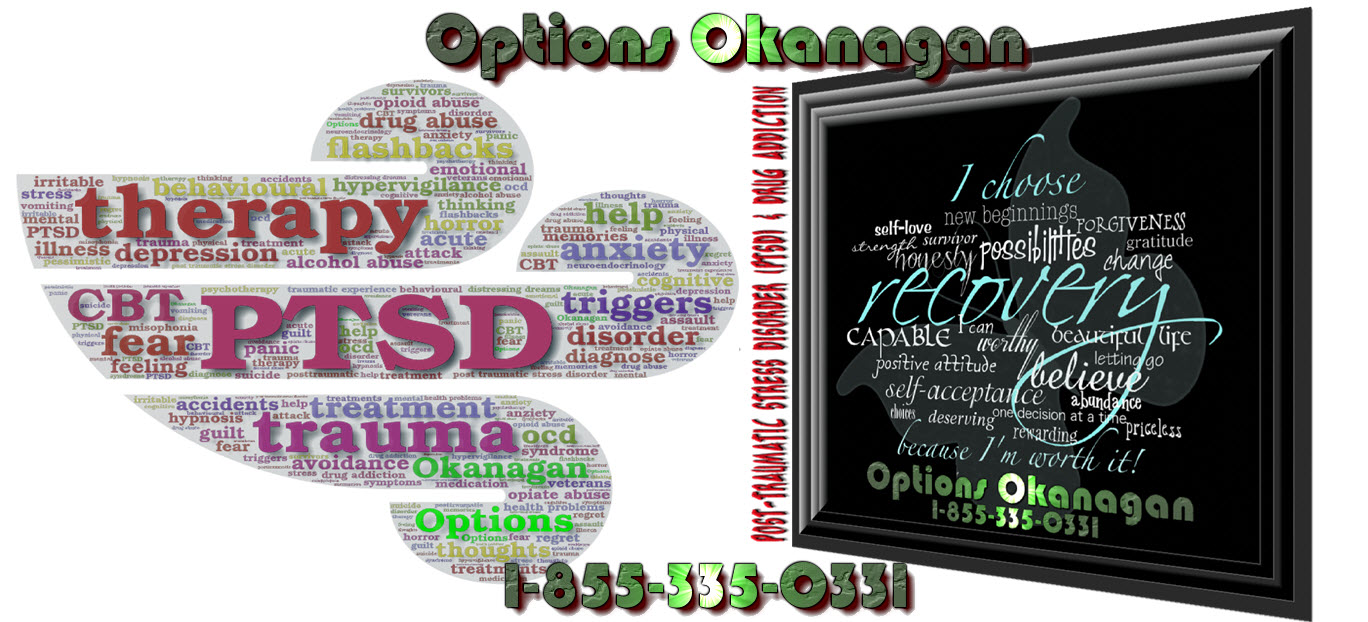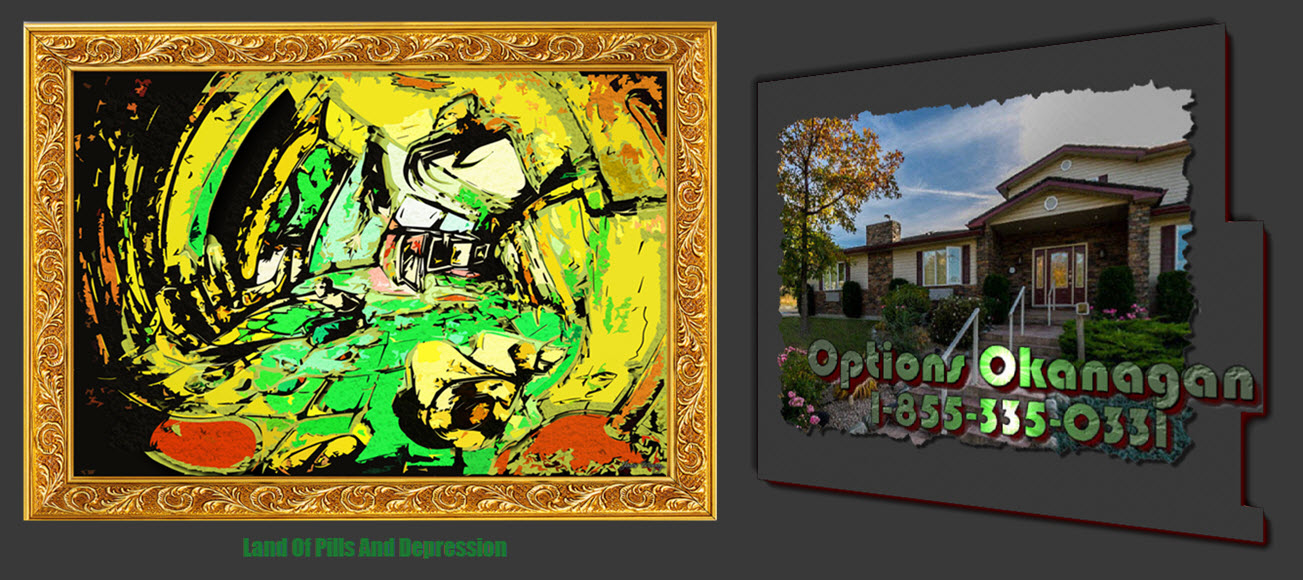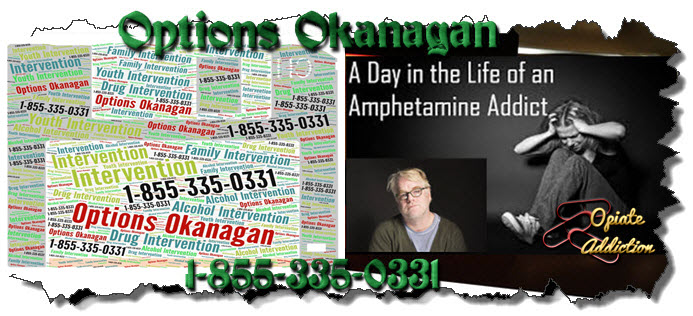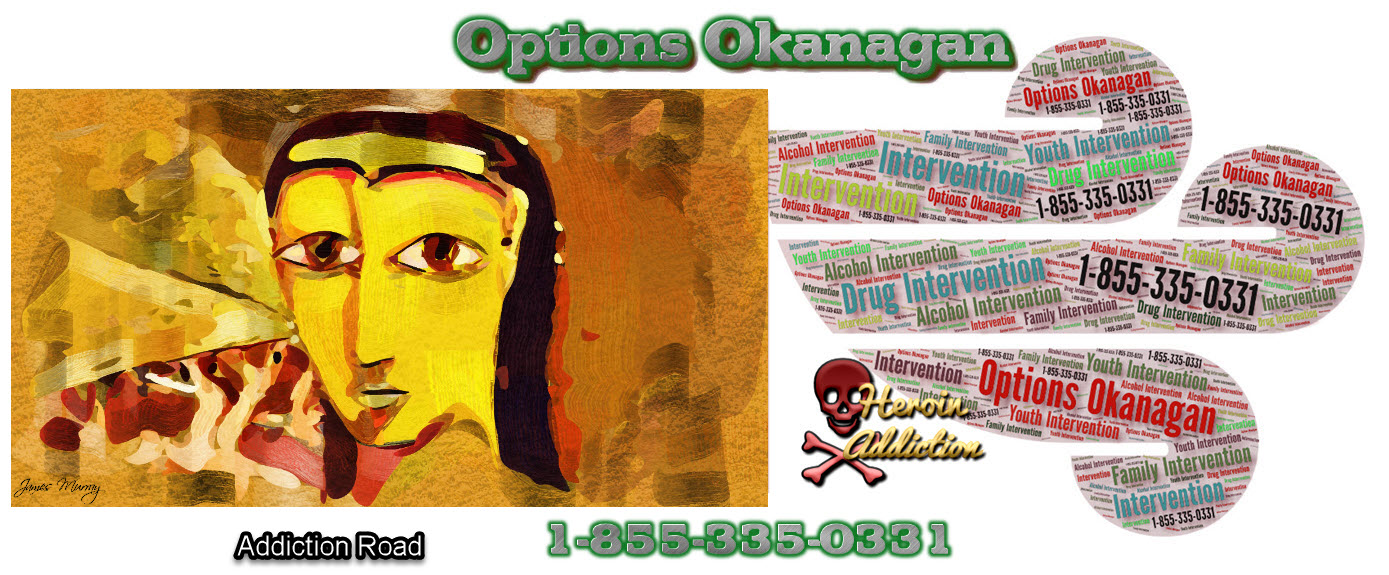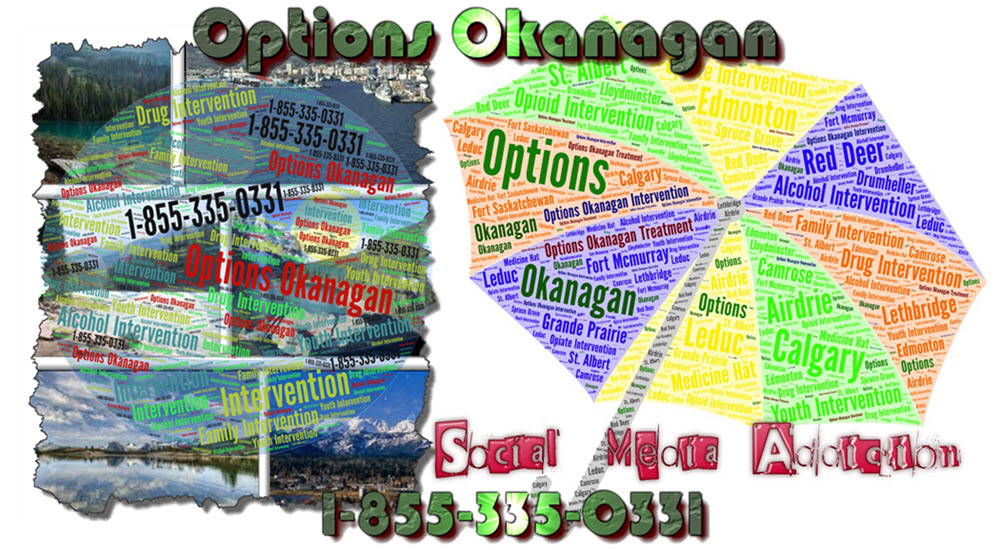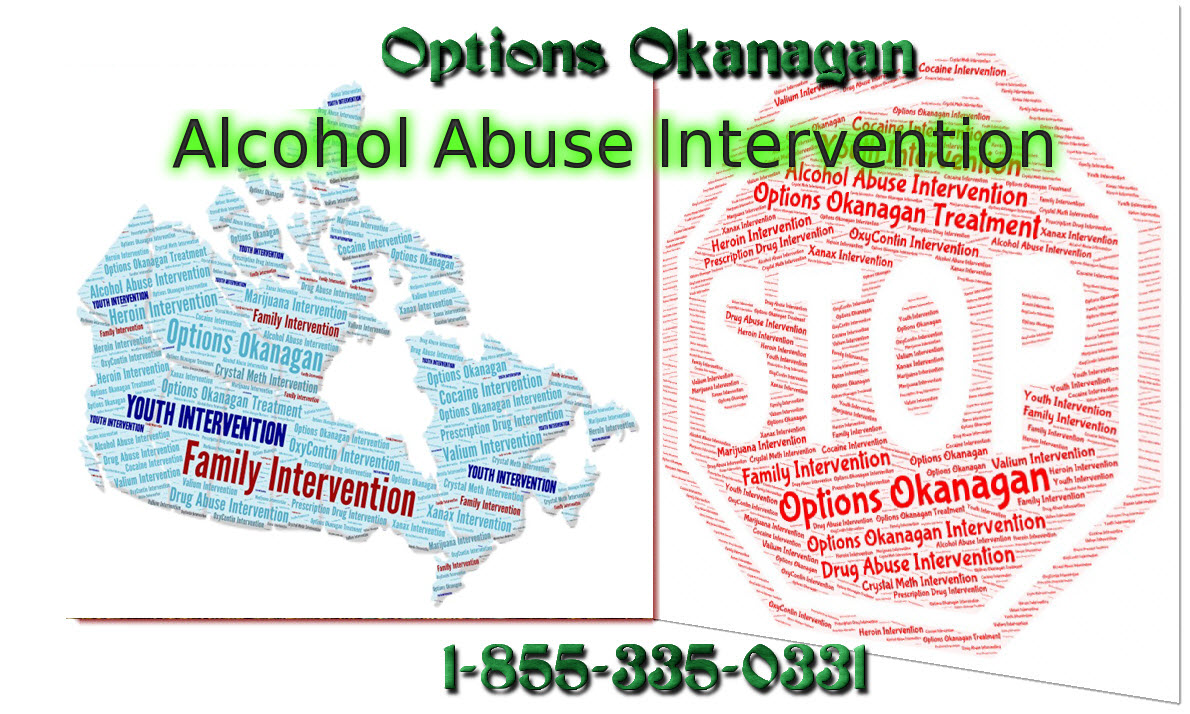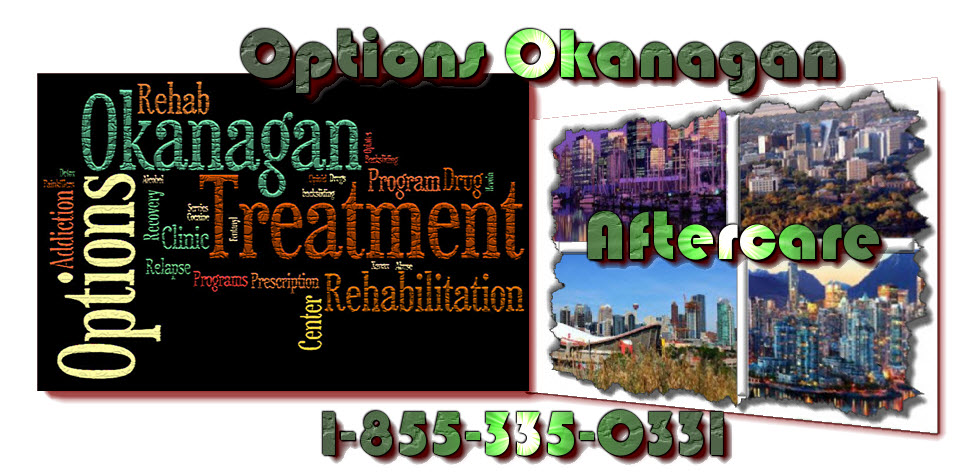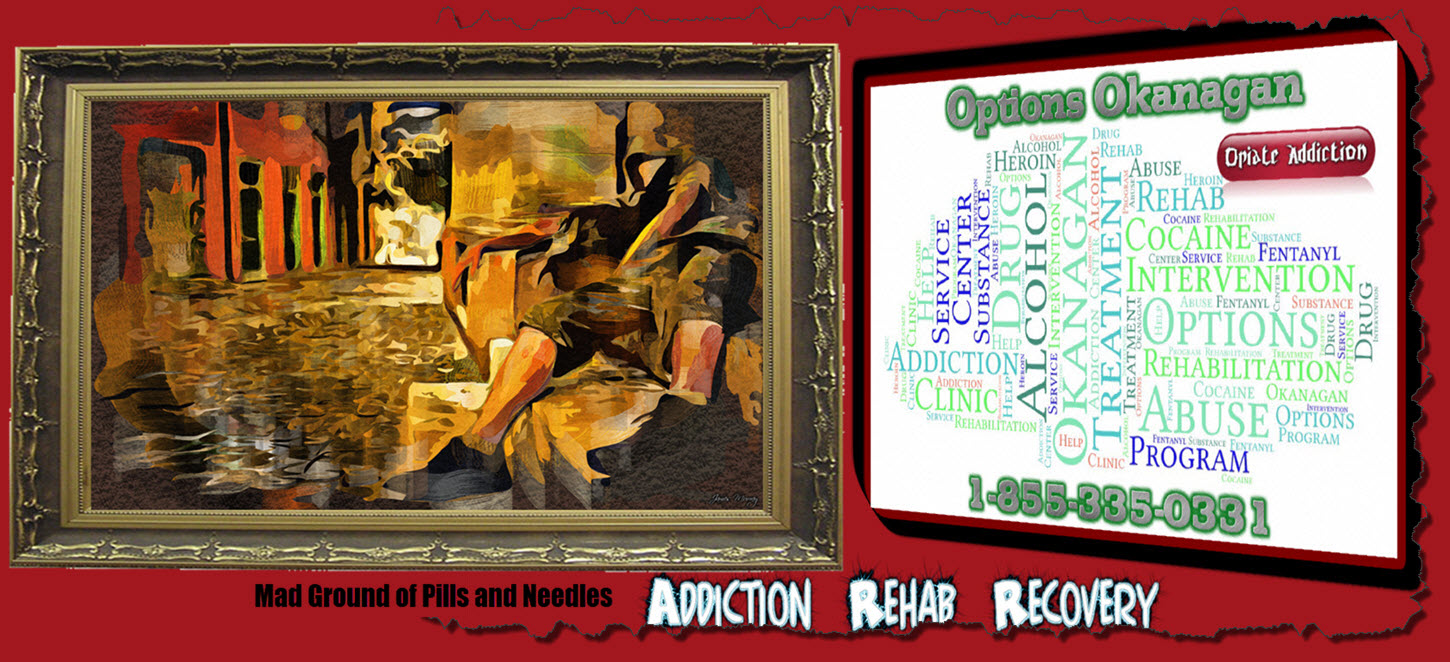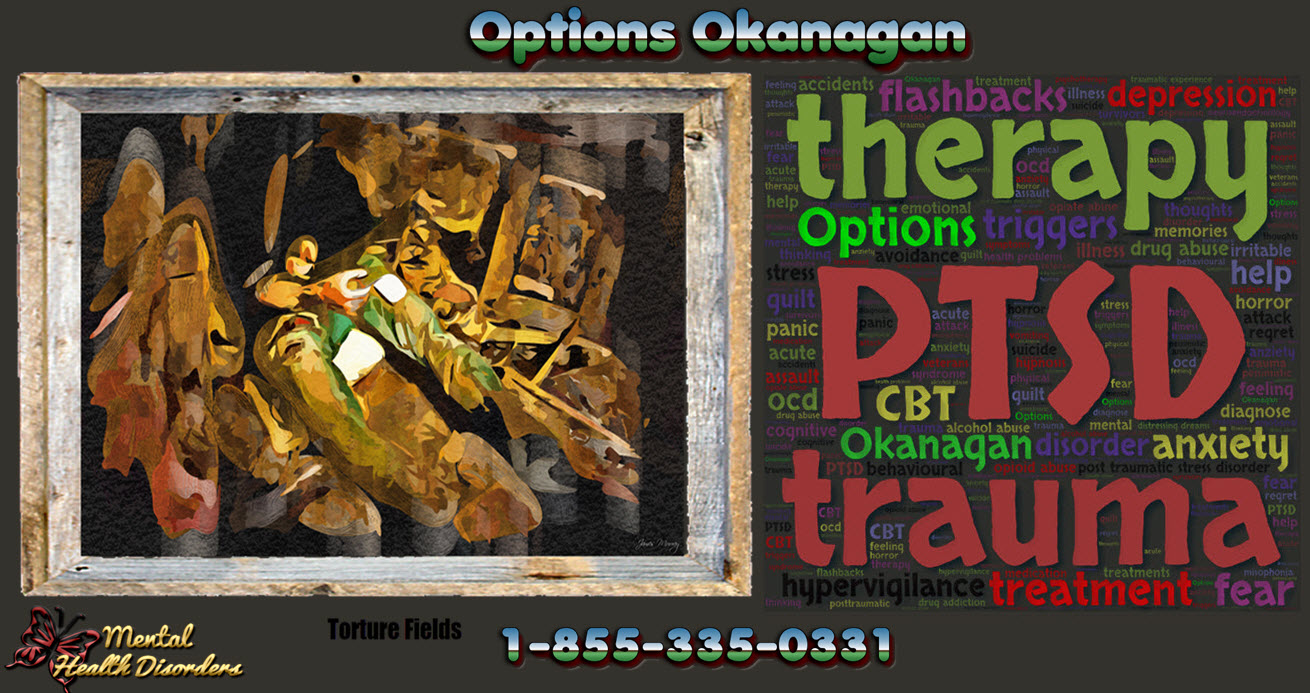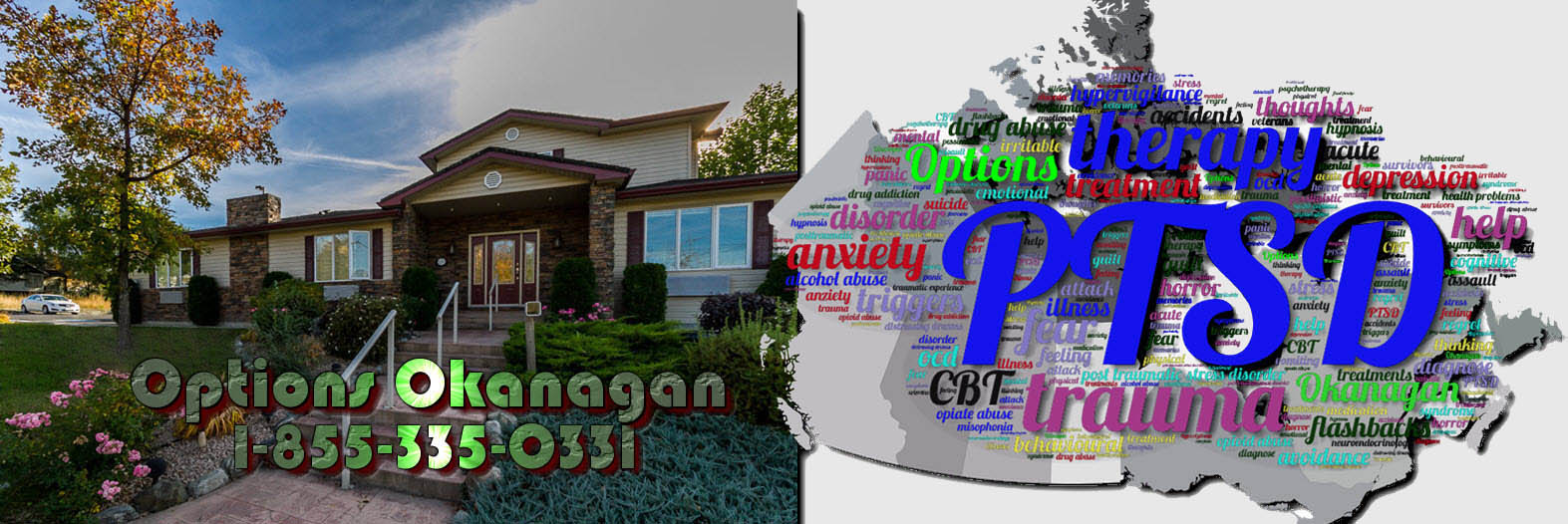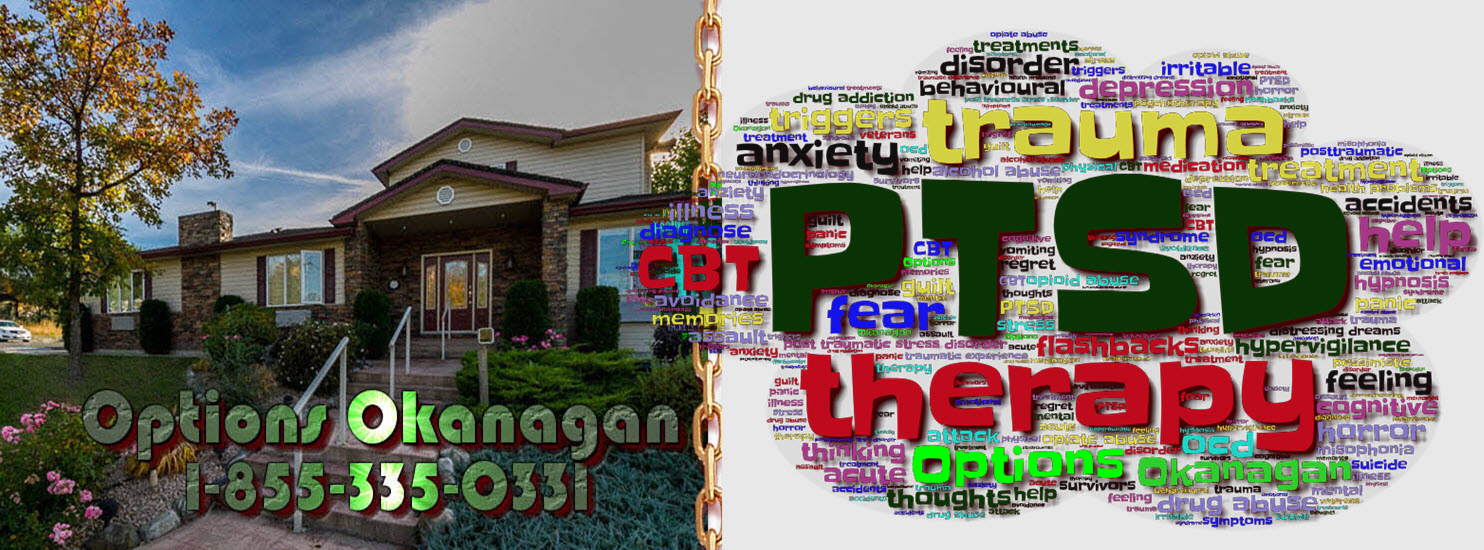Anxiety disorders causes – Mental health disorder issues – Opiate rehabilitation programs in British Columbia and Alberta – Options Treatment Center in Kelowna, British Columbia treating Opioid, prescription drug, opiate, fentanyl, heroin, and alcohol addiction and recovery.
Prescription Drug Rehabs In Alberta And BC
Anxiety disorder is an general term covering many different mental health conditions such as: Post-traumatic stress disorder (PTSD), social anxiety disorder and a number of different phobias. The disorder is widespread and millions of people are diagnosed each year. This begs the question – what are the causes of anxiety disorders?
There is no easy answer to this question as there are a number of different causes and it is often the result of a combination of causes leading to an anxiety disorder.
Some of the main common causes that can develop to anxiety disorders are:
a) Genetics
A new study finds that there may be a link between genetics and anxiety disorders. A genetic predisposition primarily means that if a parent, brother or sister, or other close relative has an anxiety disorder, other family members are more likely to develop the same or a similar disorder.
But the environment, growth and development can also play a role. A child raised in a household where anxiety disorders are prevalent may learn these behaviors and develop the disorder. Challenging family relations can also contribute. Both genetic and environmental factors can lead to the development of anxiety disorders.
b) Trauma
Additional environmental factors or significant events that constitute a traumatic experience can play a large role in the development of anxiety disorders. These traumatic events can lead to post-traumatic stress disorder or cause other changes in thinking and behavior. Traumatic life experiences can also lead to the development of mild to extreme phobias.
c) Social pressure
Pressure to conform to societal norms can often lead to social anxiety, where social interactions trigger anxiety.
d) Physical health factors
Anxiety mental disorders can be caused by physical health factors such as hormonal or chemical imbalances. Serotonin, a chemical released by the brain and a neurotransmitter, plays an important role in regulating mood and behavior. Imbalances can lead to the development of anxiety disorders such as phobias or depression. Not exercising, poor diet, lack of sleep, and other lifestyle choices can affect the hormonal and chemical balance in the body and thus contribute to anxiety disorders.
e) Stress
Stress is a common cause of anxiety mental disorders in modern-day individuals. This is as a result of the fight or flight instinct that is ingrained in the human psyche. When faced with a stressful situation, the brain triggers the fight or flight response in order to survive.
Modern stresses do not require fight or flight meaning that all the appropriate chemicals and messages are sent to enable the response which cannot be acted on. Over time, this results in the development of anxiety towards situations that might be stressful. Stress has become a part of everyday life for most people but has a cumulative effect. Over time, the constant exposure to stress can result in developing an anxiety disorder.
What are the Causes of Anxiety Mental Disorder?
Options Okanagan Opiate and Alcohol Treatment Centers in Kelowna, Salmon Arm and Vancouver, British Columbia – Men and Women are recovering and healing from Alcohol and Drug Abuse at our treatment center here in the Okanagan right now.
Our unique and distinctive Opiate Drug and Alcohol treatment program allow men and women to come in from Calgary as well as Edmonton as we offer airport pickup.
Numerous clients come to us from Vancouver, Calgary, and Edmonton and other locations in Alberta and even other provinces for Opiate addiction treatment, heroin drug treatment, many other drugs, and alcohol addictions for rehabilitation because of the uniqueness of our treatment center.
Our (Kelowna) Alcohol and Drug Treatment Program Location:
(Not Mailing Address) – Contact Us – Web Page
For Mail Delivery :: Please contact each center for correct mailing addresses, also this location is the location of our residential treatment programs in Kelowna. Please call Toll Free 1-855-335-0331 – to contact the treatment center you are going to for the address and directions.
Options Okanagan Drug and Opiate Treatment Center
551 Sherrydale Crescent, Kelowna, British Columbia, V1V 2E6
Toll-Free Phone Number: 1-855-335-0331

